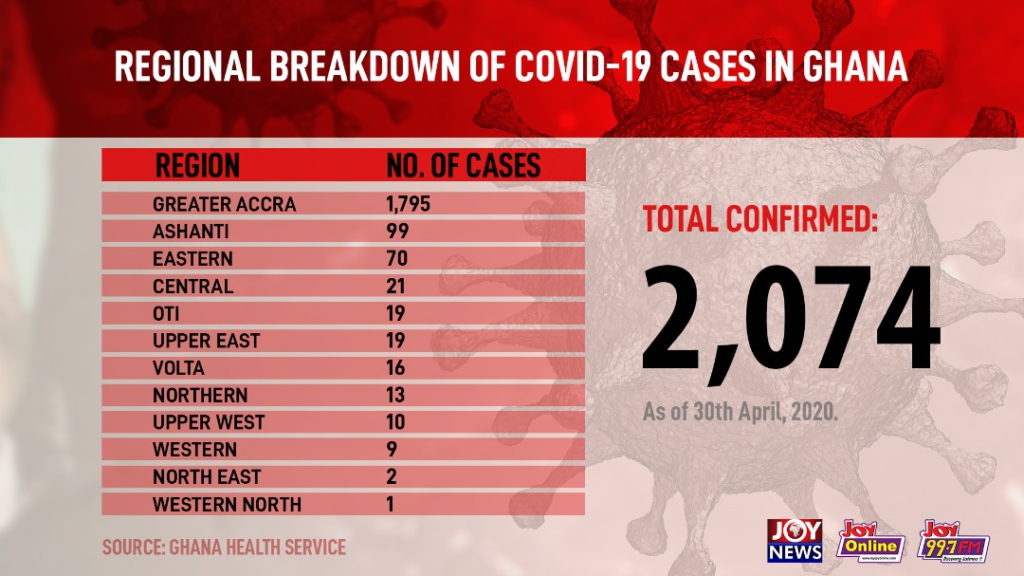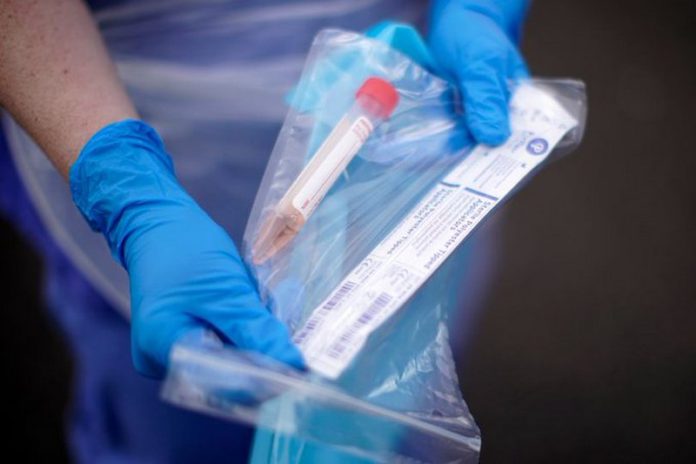With an average of 2,000 samples to test in a day, Ghana’s second prominent coronavirus testing facility has ramped up staff numbers to clear mounting backlogs.
Virologist at the Kumasi Centre for Collaborative Research (KCCR), Dr Augustina Sylverken, said initially, test samples trickled in by tens and hundreds, however, the numbers keep increasing.
“When this pandemic began, we were just receiving samples in tens, in hundreds; it moved into the two hundreds…to one thousand. So we also needed to re-strategise: bring in more hands.
“So now we do day and night. Every time you get into our labs, you will definitely see people testing…” she said on Joy News’ current affairs programme Upfront on Thursday.
When she was asked how many of the samples deposited by the Ghana Health Service (GHS) the facility will have to clear to ease the pressure, Dr Sylverken told host of the programme, Winston Amoah, that “maybe a little over 8,000.”
She was confident, however, that the backlogs would be cleared by Sunday, May 3, 2020.
“In terms of how many we are able to test, we are able to do between 1,000 and 2,500 on daily basis,” she said.
Latest figures released by the GHS on Thursday reveal some 113,497 samples have been tested for Covid-19 out of which 2,074 have tested positive for the virus.
Some 1,839 Covid-19 patients are responding well to treatment with 212 recoveries. Only six patients remain in critical condition with 17 deaths.

With experts emphasising the need for increased testing as a way of grasping the nature of community spread, Dr Sylverken revealed that as more and more testing labs open across the country, Ghana is poised to get a grip on the pandemic.
She revealed, for instance, that apart from increasing its staff numbers, KCCR was also expanding its tentacles by setting up a testing lab at the Komfo Anokye Teaching Hospital, also in Kumasi.
According to her, KCCR and many Covid-19 testing labs in the country are one level below the optimum Biosafety Level Four Laboratory, indicating that this presents some challenges with regards to the speed of the testing.
She said KCCR and the Noguchi Memorial Institute for Medical Research in Accra are Biosafety Level Three laboratories, requiring that the samples they work on must be made inactive before testing begins – a procedure that drags the entire testing process.

